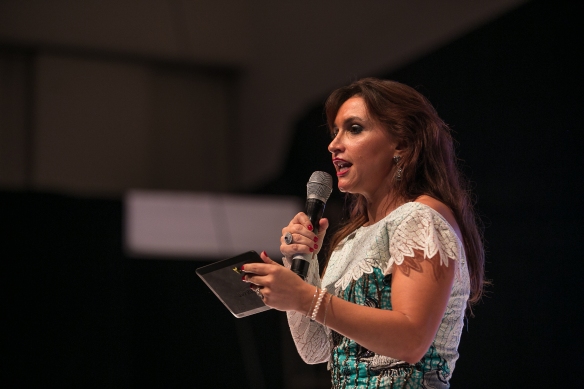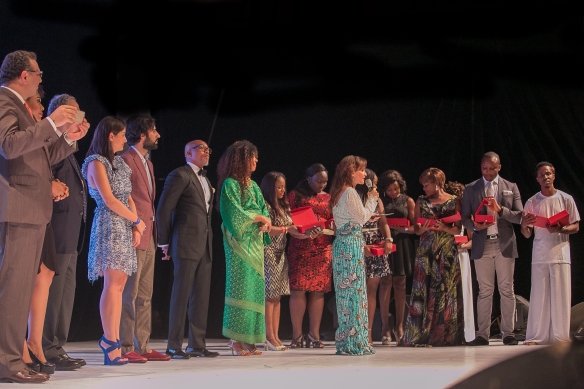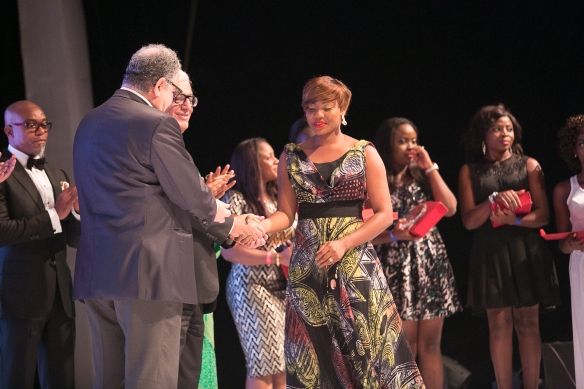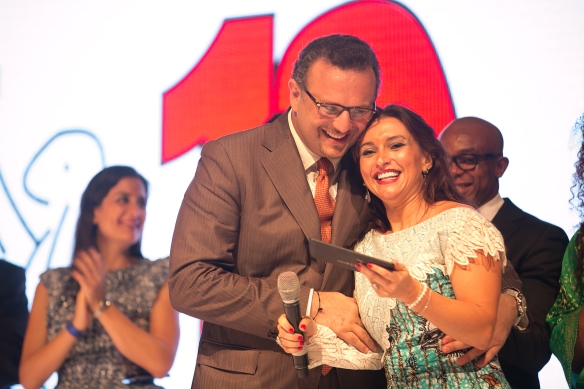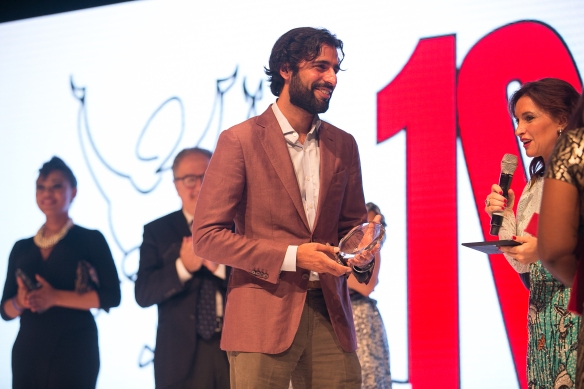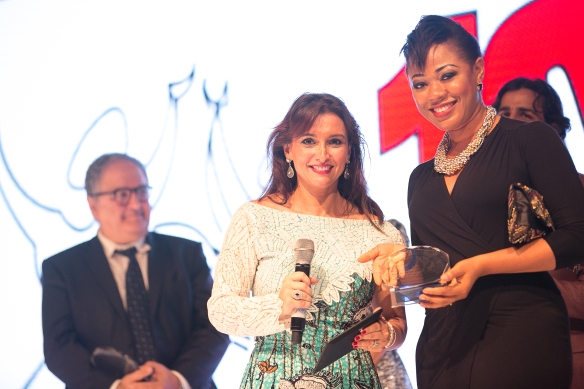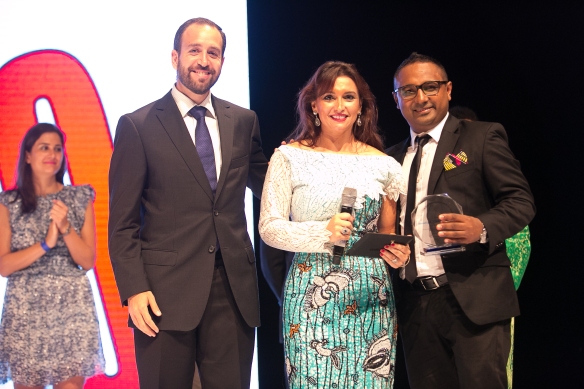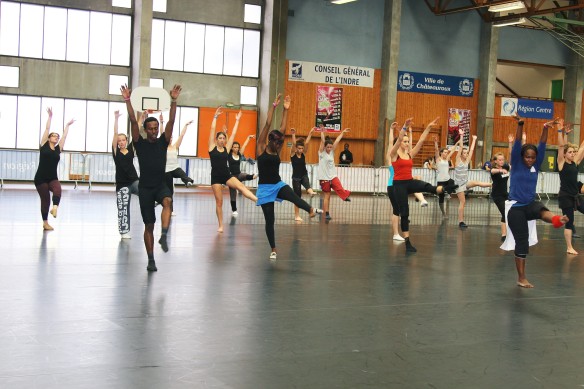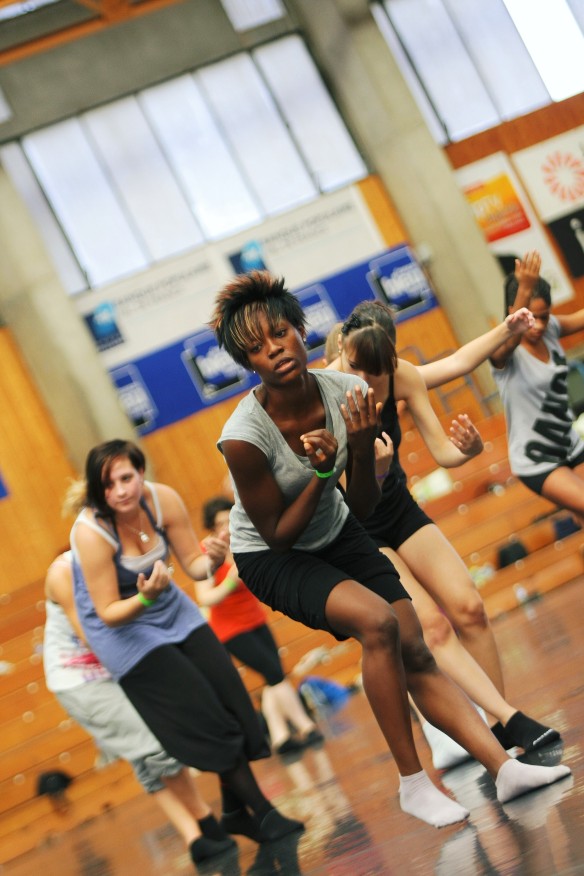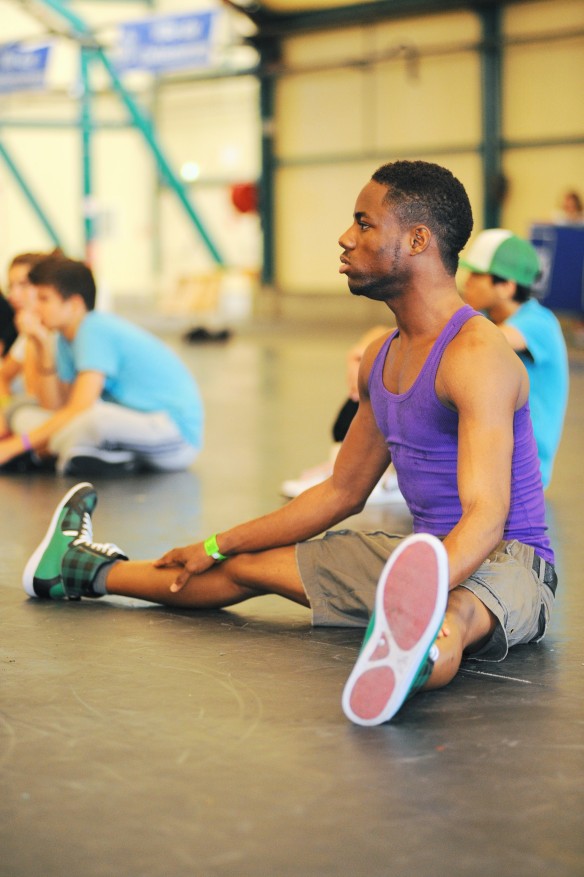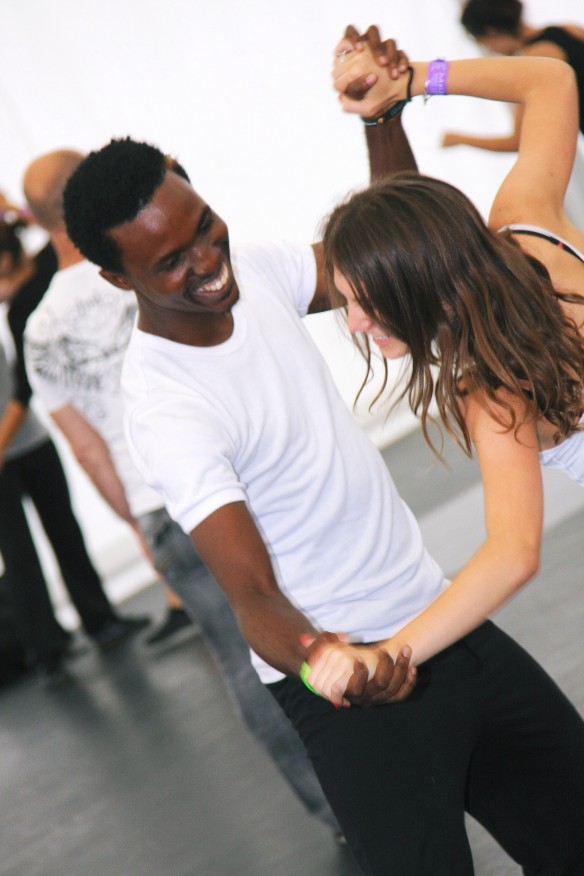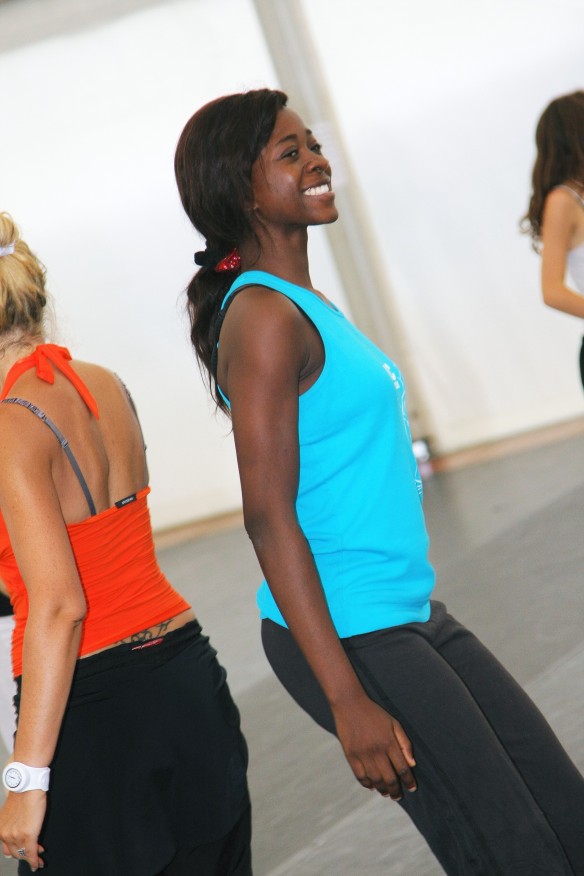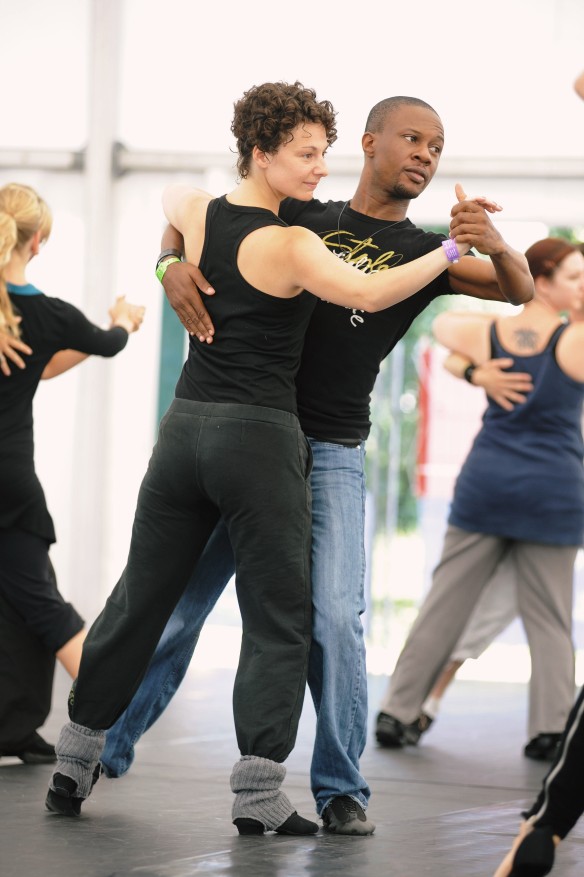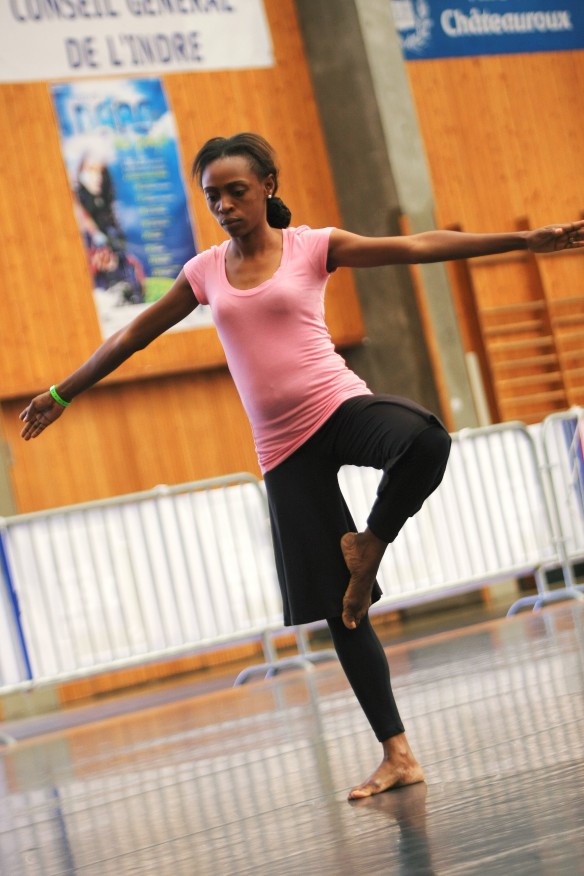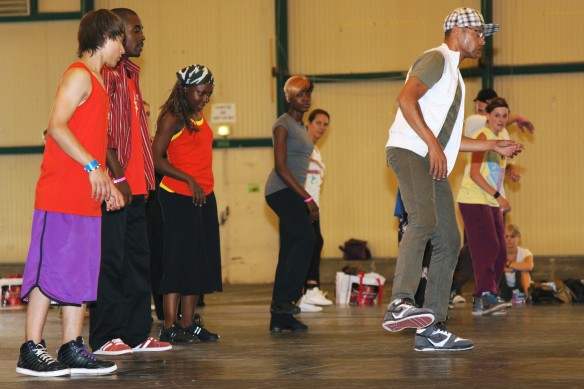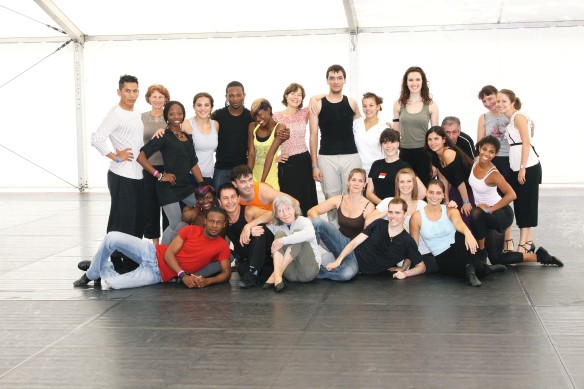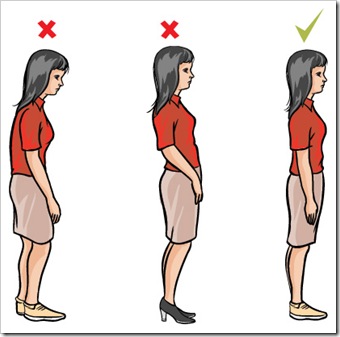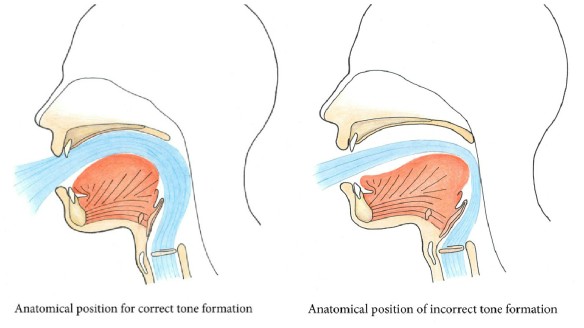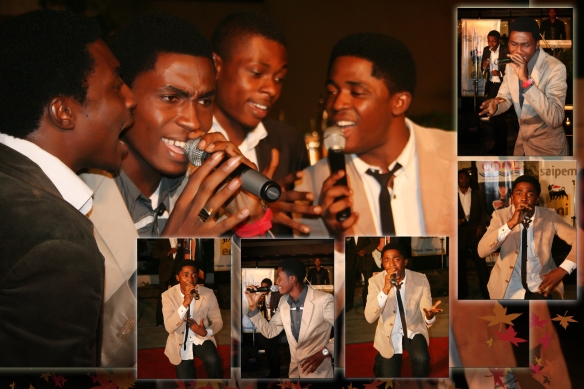
Ballroom dancing is quite an amazing feat; it enables two perfect strangers to move around a crowded dance floor, in very close proximity, in perfect time with the music, and execute intricate patterns, without bumping into other dancers or into each other and they accomplish all this while looking comfortable and graceful.
Dance students are often frustrated and find learning difficult. It is, and it should be.
Don’t be embarrassed or annoyed if you make an error. Laugh it off and try again. After all, it’s supposed to be fun.
The three most important rules in learning to dance are: PRACTICE, PRACTICE and PRACTICE.
To start your learning experience, join some dance classes. SPAN is obviously the first and best choice you should make. www.spanigeria.org here,you get to meet other aspiring dancers and top notch instructors.
Tips & Tricks
Bearing

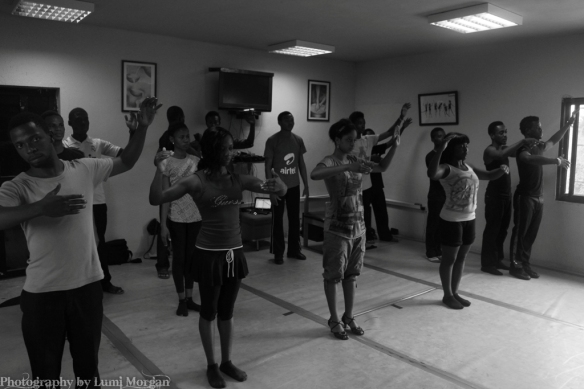
Stay erect, don’t slouch, arch your back. Keep your head up at all times and DON’T look at your feet.
Relax, try smiling, even if you’re concentrating.
Remember, your partner can help you, either with good leading or good following. However, your partner can’t do anything to make you look good if your bearing is wrong.
Turns and Swivels


Turns and spins are fun to do, however, they do require some specific skills.
there are only two directions in which you can rotate; outside of your standing foot and the inside of the same foot. From both directions, you can execute five different types of turns…
1. Inside swivels
2.Outside swivels
3. Pivot turns
4. Spin turns
5. Spiral turns
What does all of this mean and how can we execute them? I can hear you say
SPAN is waiting for you… (tee hee!)
Body Contact


In smooth dances, whenever possible, maintain a light pelvic contact with your partner. An arched back helps to achieve this while maintaining a comfortable distance between upper bodies. Try it in closed position, angled position and promenade position. If you want to feel the difference between dancing, and dancing together, this will be an eye opener.
Men, when doing a parallel step, or a promenade, try keeping your shoulders facing your partner rather than facing the direction of your feet. It’s a bit like downhill skiing, where the feet point across the slope while the upper body faces straight down the slope.
Many ladies pull away from their partner without being aware of it. Others feel they may give the wrong impression by being close to their partner. Once you try it, however, you will be elated by the feeling of really moving in unison.
Don’t confuse this with the international or standard style of dancing which requires that body contact be maintained at all times and where underarm turns, parallel or side-by-side positions are prohibited.
Leading


Leading has to be done in the spirit of wanting to help your partner do the pattern you wish to execute. You don’t push or shove her around. Be gentle at all times. See what works best. Concentrate on your partner. Make an effort to become a good leader.
The most important part of leading is probably body language. If your partner is attuned to you, if she listens to your body language, she can detect very slight changes in motion and direction and can react in ample time. You can consciously emphasize your body language when needed, such as when you lift your shoulder before you prepare to sway.
Leading is not something you turn on and off. When you drive a car on a straight road, you still keep your hands on the steering wheel and make small corrections when required. The same applies to the control the leader has to assume when dancing. It is always present but only used when needed.
A strong lead does not mean applying a lot of force. It is a matter of firm, continuous and steady control.
There are many ways to signal your partner what to do next. It all depends on the dance variation you’re trying to execute. The following are just a few examples.
Your right hand gently turns your partner into a promenade position. Turning your head and body toward your left gives further emphasis to the move (see the second picture above). To execute a chasse, push a little harder as if to say “we have to hustle a bit here”, and at the same time pretend to lift your partner unto her toes (gently does it).
A right hand pull also guides your partner forward into an angled position on your right or left side (such as a tango fan). This gentle pull, combined with a slight rotation of your shoulders should be enough to indicate your intention.
A firm and slightly downward pull will accomplish a tango corte, particularly if combined with a slight bending of the left knee.
If you want your partner to angle backward, use a slight shoulder movement. Push forward firmly with you right shoulder to make her angle backward to your left, and vice versa. Waltz twinkles are a good example of this technique.
Start thinking about which foot your partner’s weight is on. Trying to lead her into a move when her weight is on the wrong foot will result in some awkward stumbling.
If you’re a student, ask your teacher about these maneuvers, he can show you some very effective moves.
If you’re hopelessly out-of-step with your partner, or off the beat, stop and start again. It’s much better than to stumble along.
Following


In close position, always look over you partners right shoulder. Your right pelvic bone should be inside your partner’s right pelvic bone. This lines up your shoulders parallel to your partner’s, the best position for moving backward and forward. Many ladies have a tendency to keep their right shoulder farther away than their left shoulder. Similarly, men have a tendency to push their partner away with their left hand or pull them too close with their right, with a similar effect. This makes it much harder to move and to lead .
Keep your left arm firm, don’t let it flex. This provides you with a tactile feedback of your partner’s movements. Whether he moves forward or backward, you’ll always keep the same distance from him (see body movement above).
Your right arm should not pull, push or otherwise exert force on you partner’s left hand. Except in certain circumstances, your left arm is used as a decoration. It is not functional.
After a promenade movement, quickly return to a close position and look over his shoulder again. This lines you up again for the next move.
Stay close to your partner and maintain body contact. You’ll feel the direction of his body movements and will be able to react more easily. Relax, don’t be pro-active, don’t try to anticipate the next lead. Don’t be too brittle or strident in your movements, become more languid, letting the man guide you along (don’t fall asleep, though). Try occasionally closing your eyes and concentrate mentally on your partners body movement and his hand, shoulder and head leads.
The only exception is when your partner is about to collide with another couple while moving backward. Warn him with a tap on the shoulder, or even pull him to a halt. He’ll thank you.
Body motion

When you dance, your body should be in continuous motion.
To get a smooth start, imagine the following. You are balancing a long pole upright in your right hand. To move the pole away from you, you have to first let the top tilt away from you. Then, as the pole starts to tilt, your hand has to quickly move in the same direction so the pole is balanced again. Now try the same idea with your body. Your legs and spine represent the pole. Start tilting forward or backward, then quickly move the bottom of the pole, your feet, under your shoulders to restore your balance.
The technique applies to both partners, but the most pronounced benefit is the fact that in this manner, the man telegraphs his intention to the lady who can feel his body movement with her left hand resting on his right upper arm a split second before his feet start moving. If you have a steady partner, try moving in different directions with both of your hands at your sides, and with the lady’s only contact with you being her left hand on your right upper arm.
On cross-body leads (walking around your partner), stay close and finish the step in close position. Many ladies end up a foot or more away from their partner, throwing him off balance..
Ladies, don’t roll your hips in all dances. The Cuban or Latin hip movement is reserved for Latin dances such as the Rumba, Mambo, Cha-Cha, Bolero, Samba and Merengue. The exception is East Coast Swing, West Coast Swing and Shag where top-level competitors all use a pronounced hip movement.
Footwork


Many dancers move with their feet apart. This makes them look awkward. Try the following. Imagine walking on a plank of wood, just wide enough to accommodate your feet, side by side. Now move forward and backward without stepping off the plank. You’ll notice that when one foot passes the other, it brushes against it.
Get used to brushing your feet against each other moving forward and backward, then apply the same technique to moving in different directions. Whenever one foot takes a step, it touches or brushes against the other before you put your weight on it.
Note that, except where a variation demands it, one foot never crosses in front or back of the other. Each foot always stays in its own track.
Ladies, I know moving backward most of the time is difficult. However, try pointing your toe out when stretching the leading leg backward (and I mean stretching). Arching your back helps.
When you spin, either on two beats or on a triple step, stay on one spot by keeping your feet together (unless the step requires you to travel, in which case you stay on the plank). This way you wont wobble, loose your beat, or end up too far away from your partner, forcing him to chase and catch you , or rushing to close the gap.
When you kick, point your toe out and down. Pointing your toe up or inward looks very ungainly and is only suitable for some western moves (where it looks cute).
DISCLAIMER: Pictures are from a SPAN class, not every one dancing is a professional except the instructor of course.











